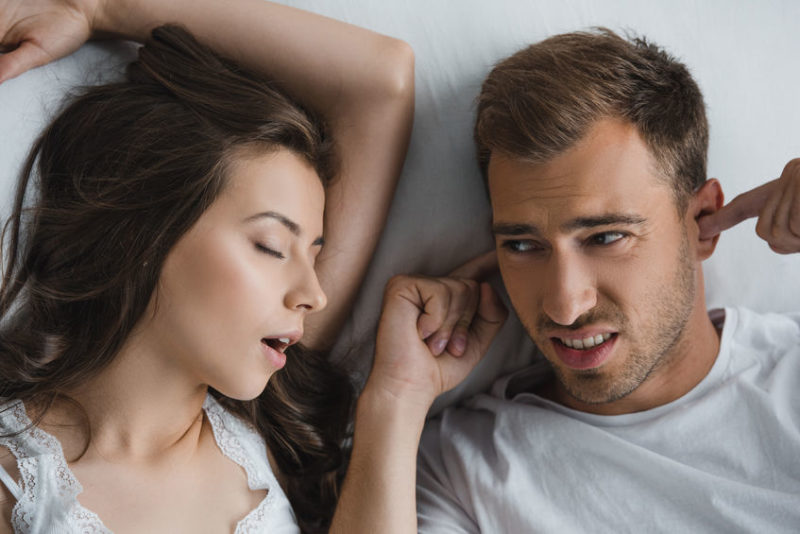
When a snorer is in REM sleep, the sleep becomes very fragmented, and snoring causes them to wake up.
#Does snoring mean deep sleep how to
Read more: How to Use a Sleep Tracker to Improve Your Sleep Tonight. Deep sleep is usually best for snoring associated with sleep apnea because it occurs when the breathing is shallow and the muscles are relaxed. If you're interested in sleep data though, understanding and correlating how you feel with how well you progress through the sleep stages can help you make informed decisions about your bedroom environment or schedule. If you are concerned that you snore loudly and are not sure whether it means that you are in deep sleep, it is best to talk to your doctor.

However, there is some evidence that suggests this may be the case. In fact, I encourage you to do that, especially if large amounts of data about your body doesn't ease your mind. So, what does all of this mean In short, it is difficult to say whether loud snoring always means that you are in deep sleep. Sure, you could do just as hundreds of generations of humans before us did and fall asleep without any sleep trackers and trust Mother Nature. It's not surprising that with so much near-wakefulness, this stage is when most of your dreaming occurs.įun fact: In REM sleep, your arm and leg muscles are temporarily paralyzed by two chemicals in your brain that prevent you from physically acting out your dreams and punching your partner in the face instead of that alien bad guy. Not all snorers have apnea, but the two often go hand-in-hand.

Blood pressure and heart rates also increase to near awake levels in REM sleep. Snoring, snorting or gasping: Noisy sleep is a warning sign that your upper airway might be obstructed. Your brain waves in REM sleep are closer to wakefulness than deep sleep, and your breathing becomes irregular and speeds up. If you've ever caught your dog or cat in a REM stage, you'll recognize the darting eyes. This is the sleep stage in which your eyes move rapidly.

Not all snorers have OSA, but if snoring is accompanied by any of the following symptoms, it may be an indication to see a doctor for further evaluation for OSA: Witnessed breathing pauses during sleep. REM sleep goes even deeper into brain recovery, dreaming and processing memories and emotions. Snoring is often associated with a sleep disorder called obstructive sleep apnea (OSA).


 0 kommentar(er)
0 kommentar(er)
